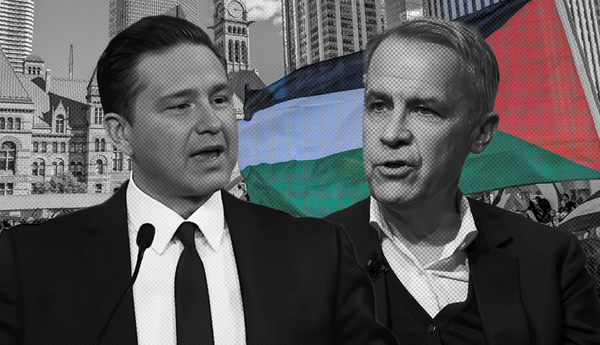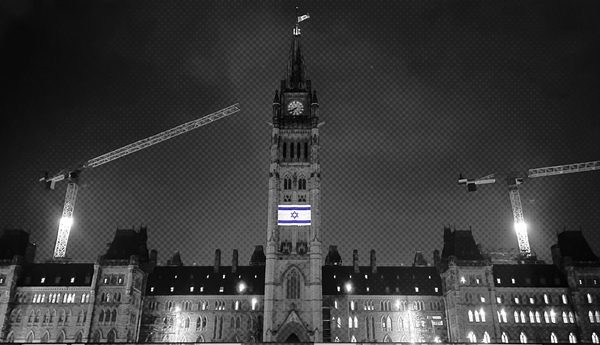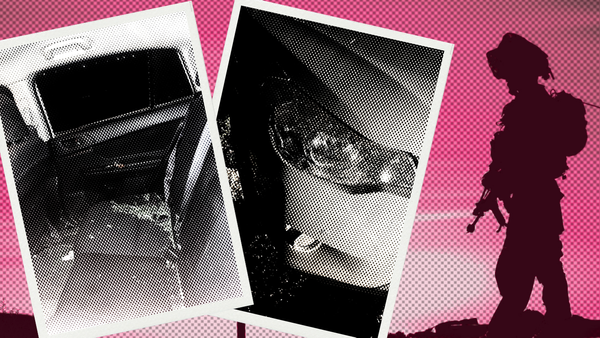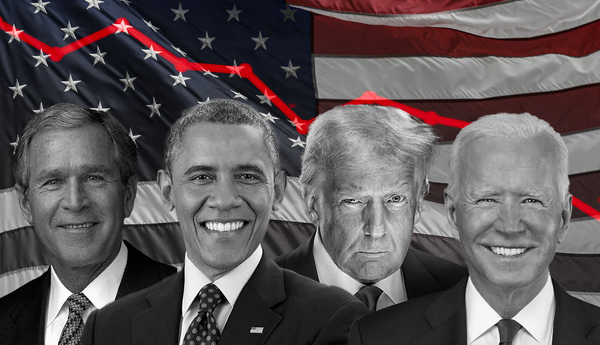In the past couple weeks, Palestinians have faced violent pogroms, police brutality, court sanctioned ethnic cleansing, invasion and desecration of holy sites, aerial bombardment, and countless other injustices.
Responding to this violence, some Canadian politicians have — as they always do when it comes to Israeli apartheid — managed to lay blame on “both sides.”
For example, a May 8 statement from Minister of Foreign Affairs Marc Garneau read in part, “We call for immediate de-escalation of tensions and for all sides to avoid any unilateral actions.”
A May 9 tweet from former Green Party leader Elizabeth May stated, “Thank you @MarcGarneau. I think we should strengthen our condemnation of treatment of Palestinians in #SheikhJarrah. As you say, both sides must step back.” On May 10, the current Green Party leader, Annamie Paul, also put out a statement implying all involved should be blamed.
These statements are disgraceful, as “both sides” rhetoric completely misrepresents what has happened in the past 70 years in Palestine. As author Remi Kanazi wrote on Twitter, “Only Palestinians are under military occupation. Only Palestinians have land stolen for illegal Israeli settlements. Only Palestinians are being dispossessed. Only Palestinians face apartheid laws. ALL of this is done by 1 side: Israel.”
With this in mind, any action Palestinians take against Israel should be considered as reactive (though many are also revolutionary). This doesn’t mean there can’t be debates about whether any specific action was justified or not (though those conversations should be, and are, held among Palestinians) but rather that they should all be viewed through the context of decades of settler colonialism and apartheid.
Few Western politicians, as well as media outlets and other institutions, take this approach, and so their input on Israeli oppression is always factually wrong in some sense. Yet beyond misrepresenting the facts, the “both sides” argument has a far more insidious effect, which the Israeli government intends for, and others are at the very least complicit in.
You will always see the “both sides” rhetoric used when parts of the Palestinian resistance launch missiles at Israel. Never mind that Palestinians have the right to defend themselves. Never mind the fact that the casualty count in these instances is wildly disproportionate (In the 2014 onslaught, more than 1,460 Palestinian civilians were killed compared to six Israeli civilians.) Never mind the fact that Israel has an incredibly well-funded military force and defence system, as well as fortified bunkers for civilians, while Palestinians have nowhere to hide. All of this is ignored, and “both sides” are blamed, often with allegations that Israeli citizens are being targeted.
You will also see “both sides” rhetoric used even when Palestinians focus their resistance efforts solely on military and police targets, for example in the form of street protests. Never mind that Israeli police and military are enforcing an illegal occupation. Never mind that they use a mix of weapons including stun grenades, real and rubber bullets, skunk spray, military vehicles, etc., and Palestinians typically have stones. Never mind that this violence is typically instigated by police in an active sense, meaning on top of the broader context. All of this is ignored, and “both sides” are blamed, with onlookers telling Palestinians that violence is never the answer.
In almost any other context, you’d see onlookers at this point calling for people to express their anger at the voting booth instead. That’s not the case here. Maybe it would be nice if Palestinians could vote, they say, but then the “Jewish character” of Israel would be compromised, and that would be unacceptable! So, once again, “both sides” rhetoric is employed.
Palestinians have also looked to international legal bodies. They have gained recognition at the United Nations (UN), and made their case there for international assistance. Yet when these sorts of motions are brought forward, they are often blocked or boycotted by a small group of Israel’s allies, including Canada, accusing the UN of being “anti-Israel.” So again, they say, while Palestinians may have a right to appeal to international bodies, these bodies are too mean to Israel. “Both sides” are at fault.
In 2005, Palestinians launched the Boycott, Divestment, Sanctions (BDS) campaign against Israel. It is peaceful, focuses on awareness, consumer choice and international law. Seems like this would have to be the thing onlookers could support the right to, even if they don’t partake in it, right? Wrong! BDS proponents are accused of antisemitism, and governments throughout the West, including in Canada, have denounced it or attempted to make it illegal. Maybe what Israel is doing is wrong, they say, but boycotting is too! Both sides.
The fact is that as long as Palestinians exist as Palestinians, Western politicians will find a way to blame them for it.
The goal of the “both sides” tactic, then, is not only to misrepresent reality, but to systematically attack and attempt to delegitimize every option Palestinians have to fight against their oppression, no matter how “peaceful.”
The goal is to rob Palestinians of every means of resistance until they have none left.
The goal is to have Palestinians lay down and accept the destruction of their people, land and culture.
This is what “both sides” is really about, not justice.
Justice is with the Palestinians. You should be too, with no strings attached.







